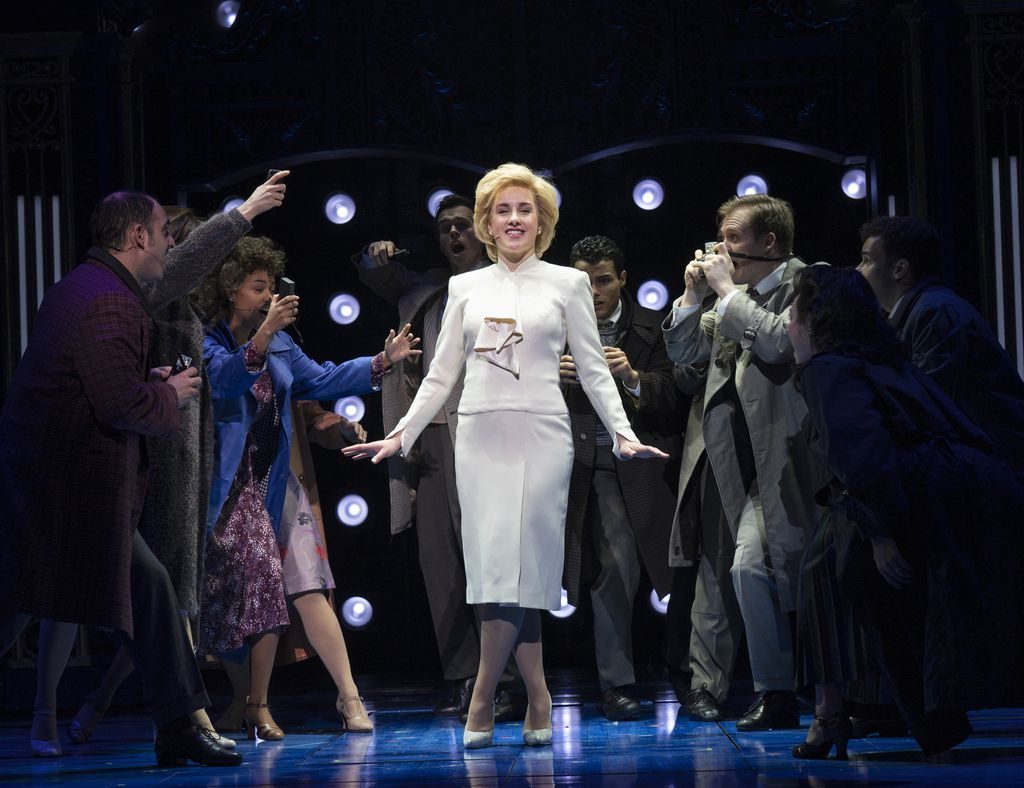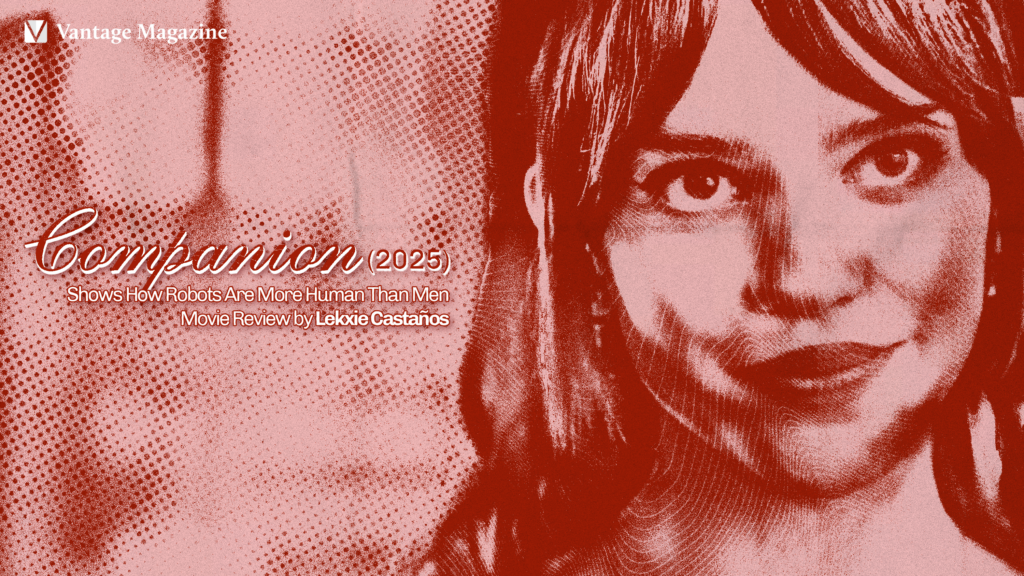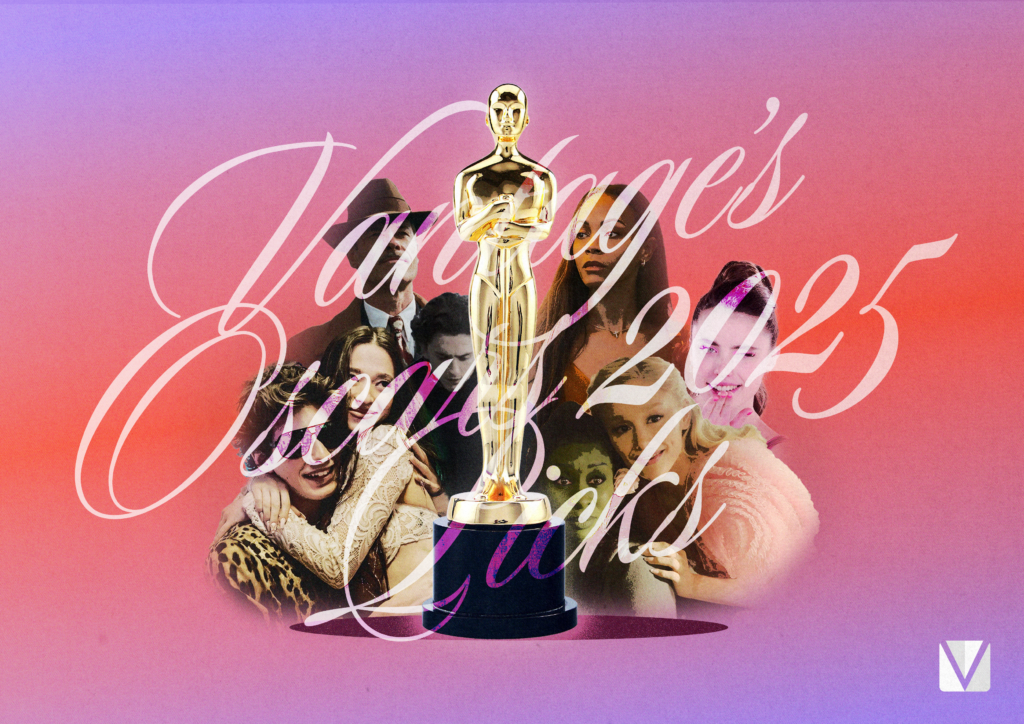Decades have passed since the untimely death of Diana, Princess of Wales, yet her story still captures the hearts of many. The public continues to scrutinize her life and create their versions of it—from multiple documentaries to an award-winning series. Recently, a new interpretation in the form of a musical has come into the spotlight.
Unfortunately, Diana: The Musical fails to hit the right notes.
Directed by Christopher Ashley, the musical is a dramatization of Diana’s life. It is based on the book written by Joe DiPietro, with music co-written by DiPietro and David Bryan.
The musical follows the shy and naive Lady Diana (Jeanna de Waal) as she attempts to realize her fairytale dreams with Charles, Prince of Wales (Roe Hartrampf). A happily-ever-after becomes more unattainable when Camilla Parker Bowles (Erin Davie) steps into the equation. At the same time, imposing matriarch Queen Elizabeth II (Judy Kaye) watches Diana’s every step.
Near the beginning, Prince Charles and the Queen sing to foreshadow Diana’s future: “For time to time, she’ll be torn apart / Spend her life objectified.” True enough, as their scene ends, the soon-to-be Princess is seen being chased by the British press.
The story becomes repetitive from here: It is a constant cycle of Diana seeking Charles’ approval, Charles running to his mother and Camilla, Diana wanting to fight Camilla, and Diana itching to escape the paparazzi. In short, it’s a poorly-written love triangle.
Under Ashley’s creative direction, the Princess is portrayed as someone constantly after Camilla—or the Rottweiler, as Diana likes to call her. Ashley includes little insight into who Diana was as a mother or who she might be other than a wife, depicting her as a parent who treats her sons as “prizes” to win her husband back. Her experiences with mental health are also briefly inserted, but the topic is left at that.
To Ashley’s credit, an ensemble performance of “The World Fell in Love” affectingly shows how the public immediately received the new royal with open arms. However, though it is no secret that Diana’s life was constantly under public scrutiny, to make her death a prophecy felt a bit distasteful.
Bryan and DiPietro’s music do not necessarily make matters better. The melodies and beats start to sound duplicative after the first three performances. The lyrics are surprisingly unforgettable, but there is no musical recall once the screen turns black. With lines such as “Nights like this I envy the poor / Their parties couldn’t possibly be such a bore,” it becomes confusing whether or not the production is intentionally satirical or simply subpar.
It is the technicalities that save the show. David Zinn’s sets are simple yet versatile and his resourcefulness allows the ensemble to move freely from one place to another. The stage transforms from a party to a boxing ring with a few rolling tables as Diana and Camilla go from partying to quarreling. Additionally, Kelly Devine’s choreography makes costume changes impeccably seamless. William Ivey Long’s replicas of Diana’s most famous outfits are spot-on, effectively highlighting the Princess as a fashion icon. To conclude the first act, de Waal stuns in four different dresses in just four minutes to the tune of “Pretty, Pretty Girl.”
The production banks on the cast’s capabilities, and rightly so. De Waal impressively belts out all her numbers with deeply-rooted emotion despite having to sing “serves me right for marrying a Scorpio” when describing the disenchanted Charles. Each member shows off their vocal range in their respective performances. In “Whatever Love Means Anyway,” Devine expresses Camilla’s woes with a hint of vulnerability, while Hartrampf believably sounds out Charles’ worries. There’s even an attempt for the Queen’s character redemption in “An Officer’s Wife,” which Kaye delivers well enough.
Diana: The Musical eventually closes on a more serious note, highlighting Diana’s contributions to various causes as she sings of hope moving forward. Although expected, it still seems slightly out of place considering how little her philanthropic work was highlighted throughout the two-hour run.
Though the musical could use more finesse, it is entertaining enough for those who want to watch and listen to a familiar story. If you’re dead-set on watching royal content, do note that this is just one of the many productions that Netflix offers. While you’re at it, keep in mind that tragedies like Diana’s are very real, so perhaps it might be best to choose another show; one that listens to social cues at the very least.






